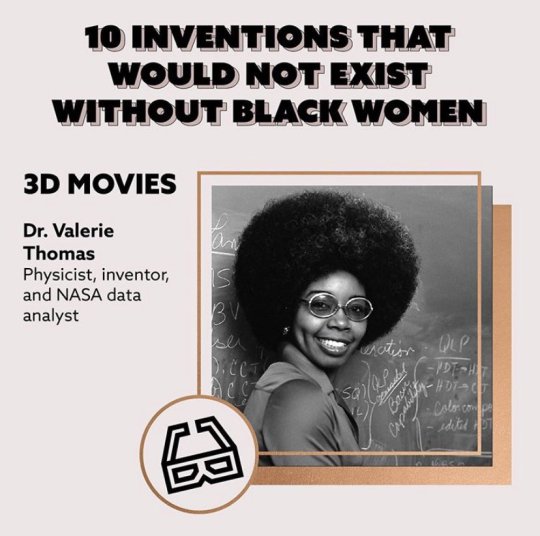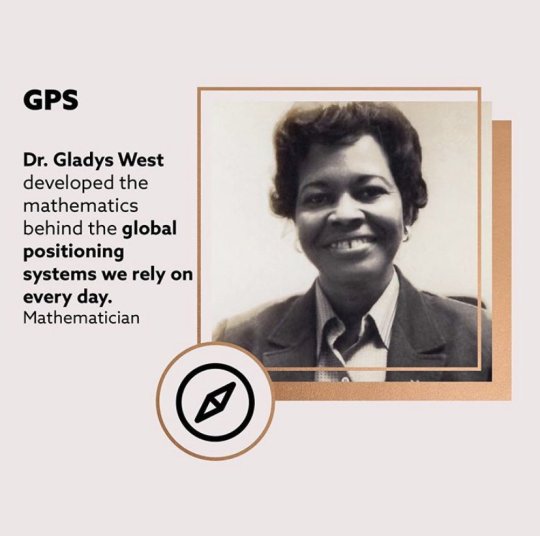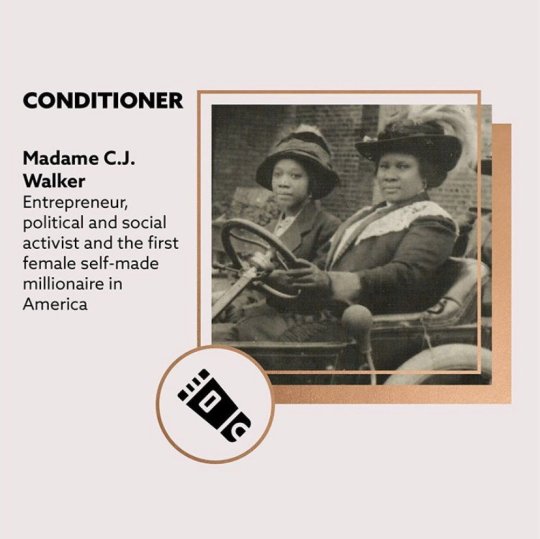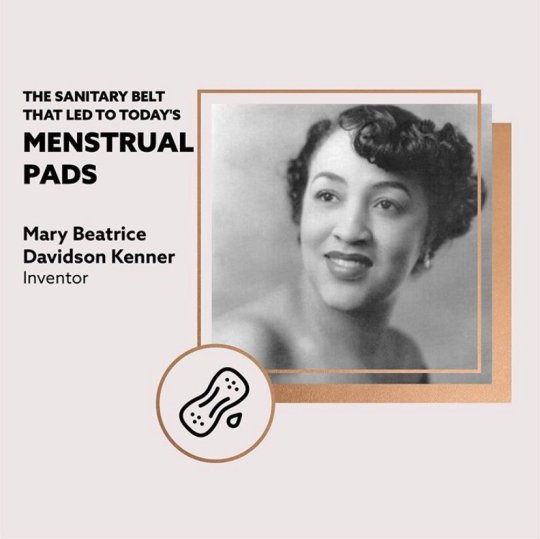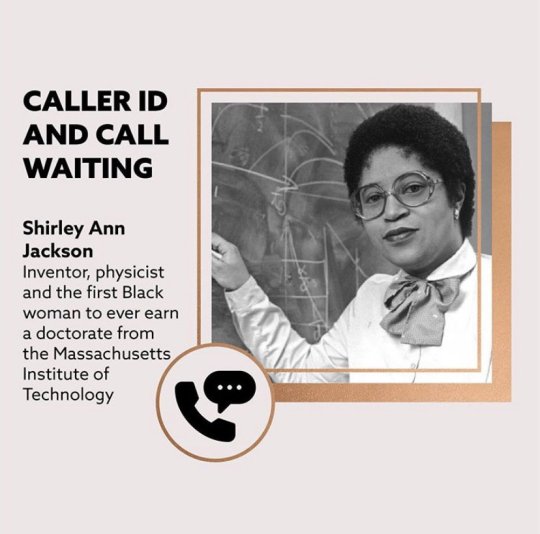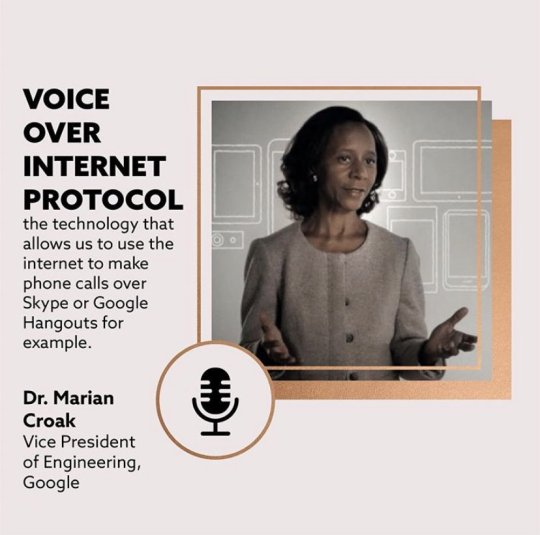Don't wanna be here? Send us removal request.
Text

The Stigma Surrounding Mental Health in the Black Community: A Garveyite Perspective
Introduction: The Silent Epidemic of Mental Health in the Black Community
Mental health is one of the most neglected and stigmatized issues in the Black community. Despite the historical and present-day traumas that Black people have endured—enslavement, colonialism, systemic racism, economic oppression, mass incarceration, police brutality, and generational poverty—discussions about mental health remain taboo in many African and Black Diasporic societies.
From a Garveyite perspective, the stigma surrounding mental health is not just a personal or cultural issue—it is the result of colonial brainwashing, systemic neglect, and economic oppression. The deliberate destruction of Black self-determination has left Black people vulnerable to psychological suffering, while mainstream society has conditioned them to ignore, suppress, or dismiss their pain.
If Black people do not address mental health with the same urgency as physical health, political struggle, and economic empowerment, the community will remain vulnerable to self-destruction, division, and continued oppression.
1. The Historical Origins of Mental Health Stigma in the Black Community
A. The Psychological Impact of Slavery and Colonialism
The Transatlantic Slave Trade and European Colonialism inflicted deep psychological wounds on Black people, yet mental health was never addressed—only survival was prioritized.
During slavery, enslaved Africans who displayed signs of trauma, depression, or rebellion were labelled as “mentally ill” and either punished, killed, or used for cruel medical experiments.
Colonial systems dehumanized Black people, making any discussion of emotional well-being seem irrelevant or weak.
Example: The racist medical diagnosis “Drapetomania” claimed that enslaved Africans who tried to escape captivity were mentally ill, rather than recognizing their desire for freedom.
Key Takeaway: From the beginning, white supremacist systems pathologized Black struggle while ignoring legitimate Black suffering.
B. The Role of Religion in Suppressing Mental Health Discussions
Black communities have historically turned to spirituality, Christianity, Islam, and African traditional religions as coping mechanisms for pain.
While faith has provided strength, it has also led to mental health being overly “spiritualized” rather than clinically addressed.
Many Black people are told:
“Just pray about it.”
“God wouldn’t give you more than you can handle.”
“You don’t need therapy—you need church.”
Example: Instead of seeking therapy, many Black people suffering from depression, anxiety, or PTSD are told to rely only on prayer or fasting, often worsening their condition.
Key Takeaway: Faith is powerful, but mental illness must be treated with both spiritual and medical solutions.
C. Colonial Masculinity and the “Strong Black Woman” Myth
Colonial and white supremacist ideologies have conditioned Black men to believe that showing emotions is a weakness.
Black men are expected to be “strong,” “tough,” and “unbreakable”, leading them to suppress trauma and avoid therapy.
Black women, in turn, are expected to be “superwomen”, handling endless burdens without acknowledging their emotional exhaustion.
Example: The “Strong Black Woman” stereotype leads many Black women to ignore their own depression and anxiety, prioritizing others while suffering in silence.
Key Takeaway: Black strength should not mean suffering in silence—healing is a revolutionary act.
2. The Present-Day Consequences of Ignoring Mental Health
A. High Rates of Depression, Anxiety, and PTSD in the Black Community
The daily realities of racism, poverty, and violence have created widespread mental health crises among Black people, yet few receive proper treatment.
Studies show that Black people are more likely to experience PTSD, anxiety, and depression than white populations, yet are less likely to receive therapy or medication.
Many Black men and women self-medicate with drugs, alcohol, and reckless behaviors instead of seeking professional help.
Example: The high rates of substance abuse and violent crime in some Black communities are often direct results of untreated trauma and mental illness.
Key Takeaway: Ignoring mental health does not make the problem disappear—it worsens generational cycles of pain.
B. Suicide Rates and the Mental Health Crisis Among Black Youth
Suicide rates among Black children and teenagers have skyrocketed in recent years, yet the crisis is rarely discussed in the community.
Many young Black people struggle with racism, bullying, identity confusion, and hopelessness, but feel they can not talk about it without being shamed.
Social media, police violence, and economic instability have further contributed to mental health deterioration among Black youth.
Example: Suicide rates among Black teenagers have risen by 73% over the past 30 years, yet Black parents often dismiss mental health struggles as “just a phase.”
Key Takeaway: The Black community must take mental health seriously—especially for the younger generation, who are suffering in silence.
3. The Systemic Barriers to Black Mental Health Care
A. Lack of Access to Affordable and Culturally Competent Therapy
Many Black people do not seek therapy because mental health care is expensive and inaccessible, especially in low-income communities.
When therapy is available, most therapists are white and lack cultural understanding, making Black patients feel unheard or misunderstood.
Many Black people fear being misdiagnosed, criminalized, or overmedicated due to racist medical systems.
Example: Many Black men with undiagnosed PTSD are labelled as “angry” or “violent” rather than victims of trauma.
Key Takeaway: Black people need access to culturally competent Black therapists who understand their experiences.
B. The Overcriminalization of Black Mental Illness
Black people suffering from mental health crises are more likely to be arrested or killed by police instead of receiving proper care.
White people in distress are taken to mental health facilities, while Black people are taken to jail or shot on sight.
Many Black men with schizophrenia, bipolar disorder, or depression end up in prisons instead of hospitals.
Example: Police killed Daniel Prude in 2020 while he was having a mental health crisis, showing how Black people are treated as threats rather than human beings in need of help.
Key Takeaway: The criminalization of Black mental illness must end—Black people need care, not police violence.
4. The Garveyite Solution: Reclaiming Black Mental Health as a Revolutionary Act
A. Normalizing Therapy and Emotional Healing
Black communities must create safe spaces where mental health discussions are encouraged, not shamed.
Black leaders, celebrities, and activists must speak openly about mental health struggles to break the stigma.
Black families must stop dismissing therapy and instead see it as a form of self-preservation and strength.
Example: Schools, churches, and community centres should offer free therapy and mental health workshops tailored for Black people.
Key Takeaway: Therapy and mental health care are revolutionary acts of self-determination.
B. Training and Funding Black Mental Health Professionals
More Black people must be trained as therapists, psychologists, and counsellors to provide culturally competent care.
Black investors and philanthropists must fund Black-led mental health initiatives to ensure accessibility.
Schools must integrate Black-centered emotional intelligence training to teach children how to process trauma.
Example: The rise of Black-led mental health organizations like Therapy for Black Girls is a step toward self-sufficient healing.
Key Takeaway: Black people must control their own mental health institutions—just as Garvey advocated for economic independence.
Conclusion: Will We Prioritize Black Mental Health?
Marcus Garvey said:
“Take advantage of every opportunity; where there is none, make it for yourself.”
Will Black people continue to ignore mental health, or take control of their own healing?
Will we train our own therapists, create safe spaces, and support those in crisis?
Will we treat mental health as a political issue and demand change?
The Choice is Ours. The Time is Now.
10 notes
·
View notes
Photo
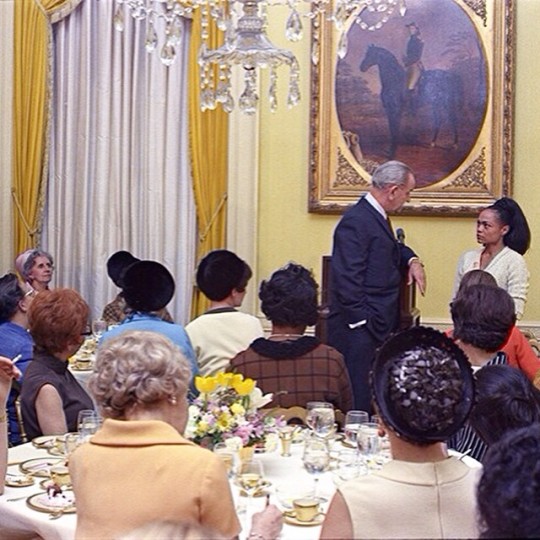
Eartha Kitt speaking truth to power at a 1968 luncheon at the White House hosted by Lady Bird Johnson which resulted in Kitt being blacklisted in the US for nearly a decade.
319K notes
·
View notes
Video
The secret to staying married for 49 years
Black love
Reframing love perspective
35K notes
·
View notes
Video
Did anybody see this yet? MTV’s jab at White Privelage
257K notes
·
View notes
Video
Firefighter demonstrates how to put out a kitchen fire
578K notes
·
View notes
Photo

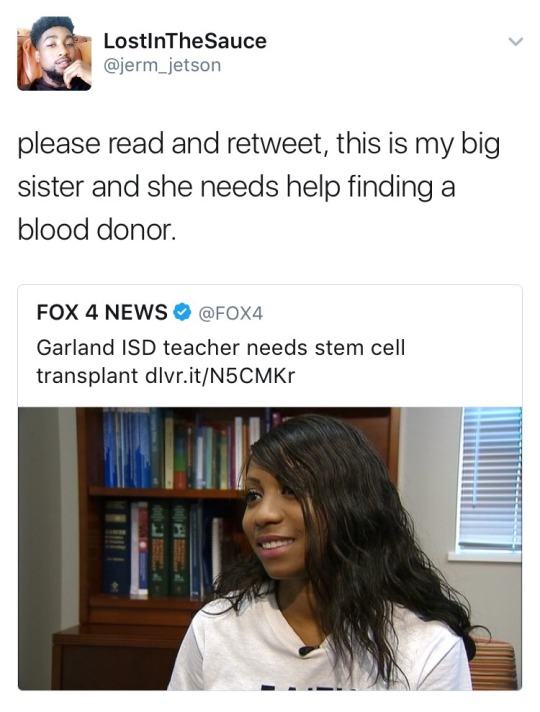
Don’t worry Bro , Black Tumblr got you and your Sister.✊🏿
Can we find her a donor please ✊🏿🙏🏿
194K notes
·
View notes
Photo






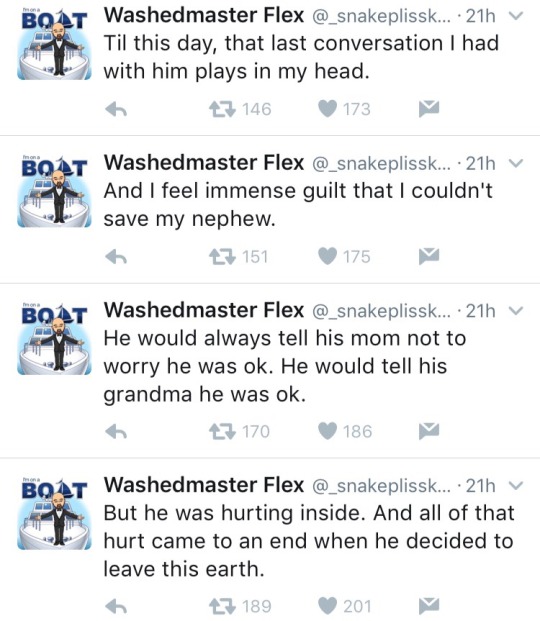
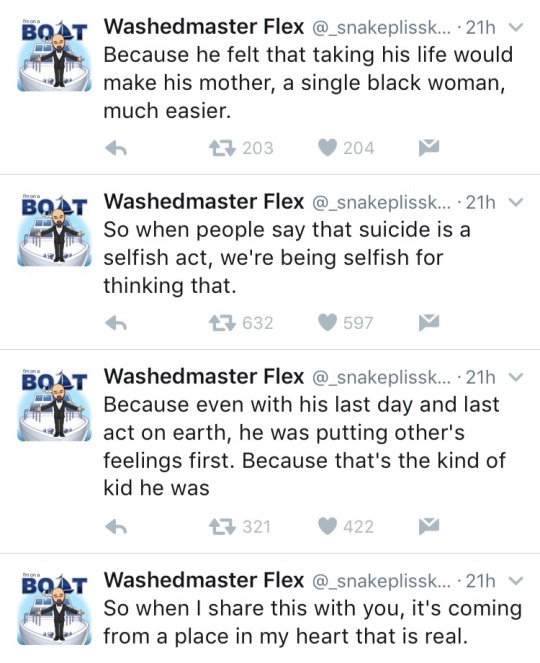


This broke my heart.
I’ve struggled with depression for years and there have been many days when I didn’t want to wake up. Black people, we need to look out for each other, check on the people around you and stop telling people to turn a church/mosque or going out…listen to them, don’t silence them. Check on a black man today. Check on a black woman today. Check on a black person in your life and see if they are okay.
Black mental health matters
68K notes
·
View notes
Video
youtube
Most Soulful performance I've ever seen.. #RevAl
4 notes
·
View notes
Video
tumblr

Black women are so encouraging. This is simply magical!💖 #BlackGirlsMagic
376K notes
·
View notes



